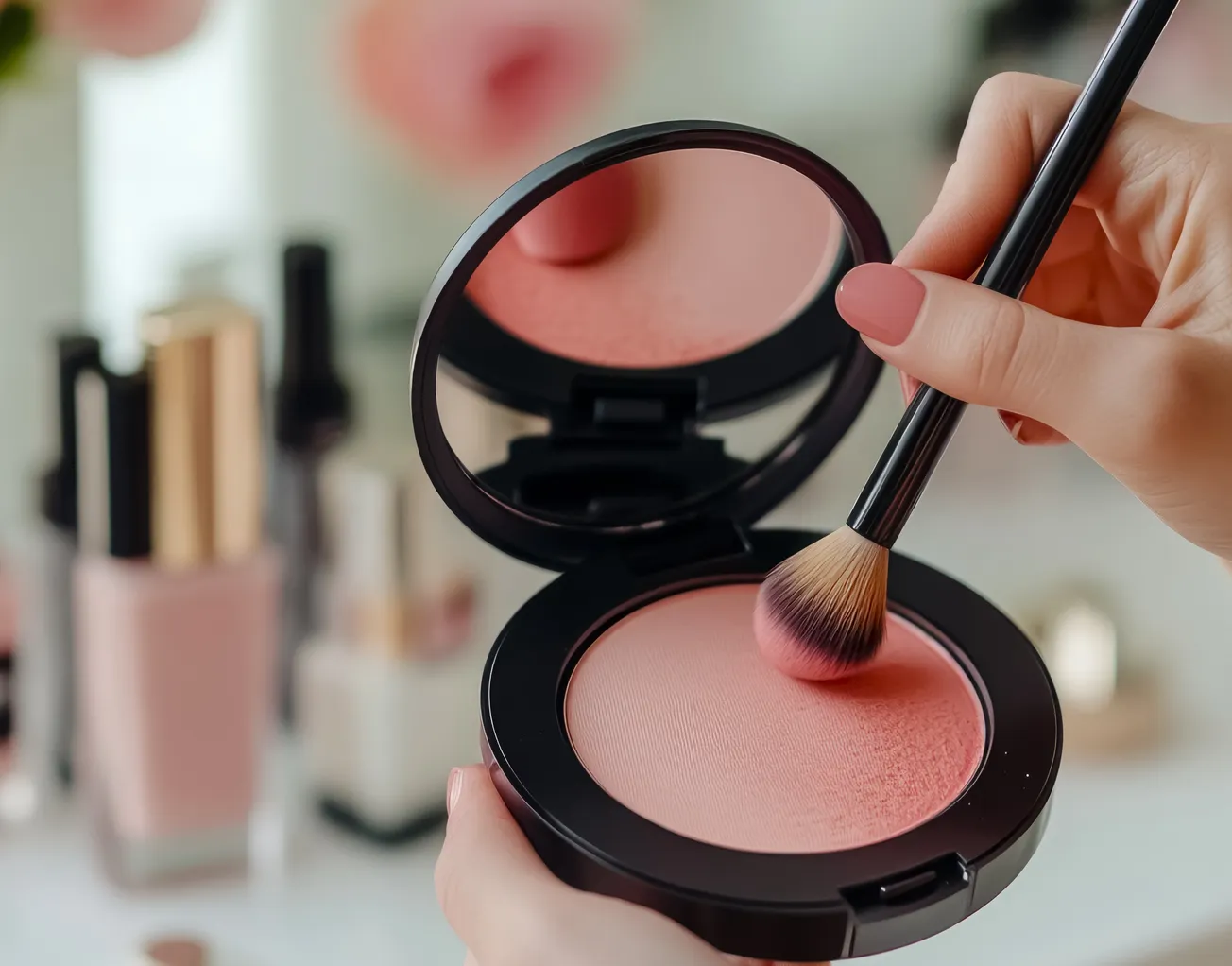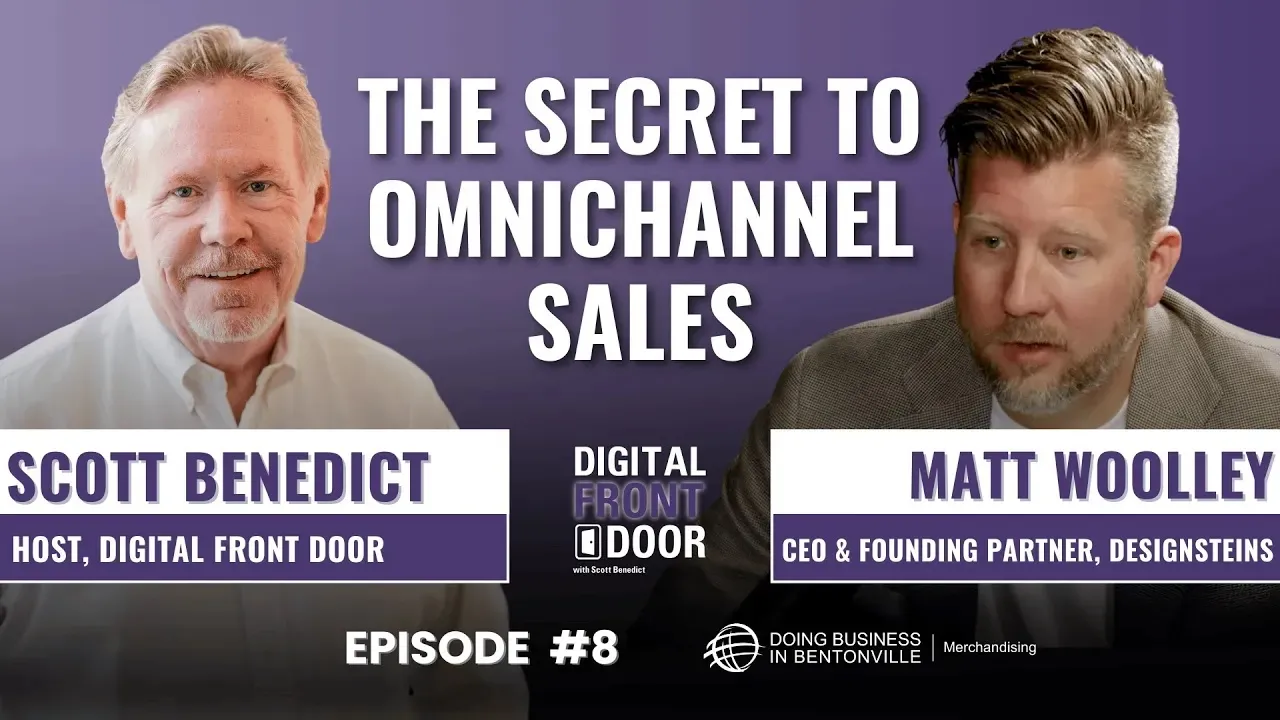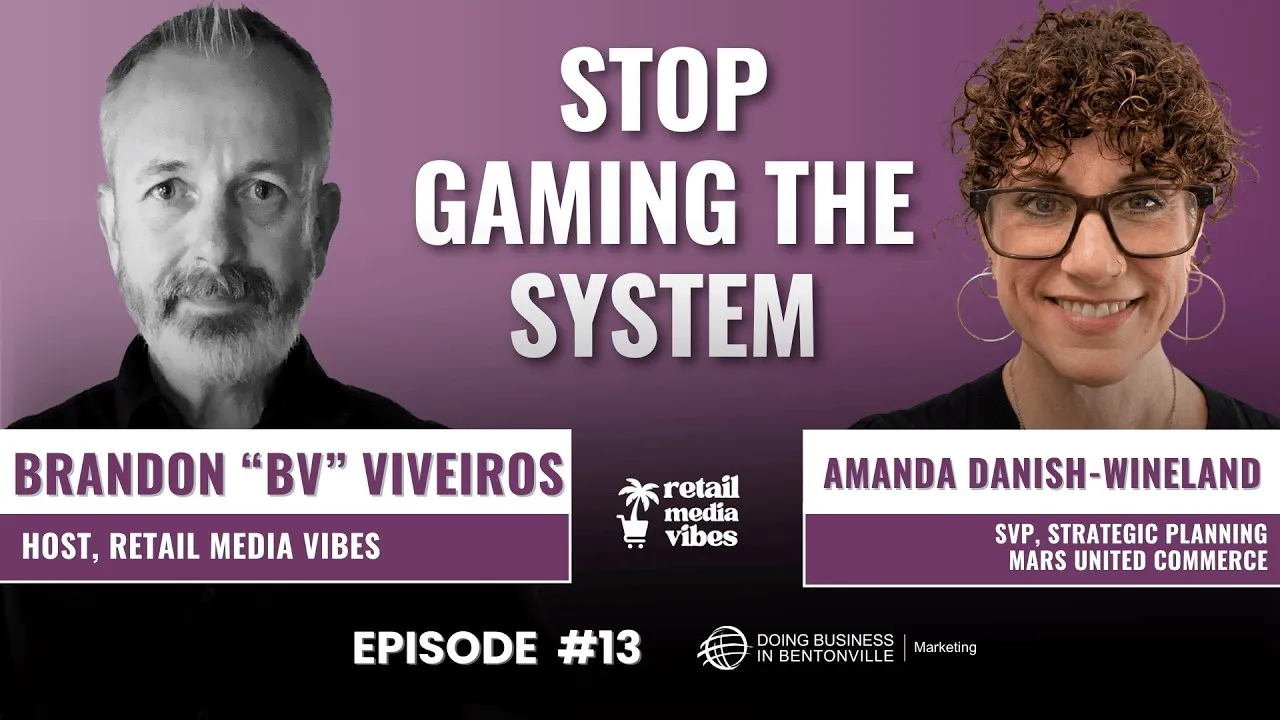The beauty retail industry is seeing a surge of strategic activity in 2025, with major brands expanding store footprints, acquiring high-growth startups, and responding to evolving consumer expectations for experience, value, and innovation.
Key players are adapting to a more competitive and complex landscape as shoppers demand more from both in-store and online interactions.
Consumers Demand More Than Products
Recent research from retail branding agency ChangeUp found that 69% of beauty shoppers feel overwhelmed in physical stores due to overcrowded layouts and too many product choices. In the same study, 63% of respondents said they wanted stores to offer more than just products—emphasizing experiences that foster inspiration, education, and emotional connection.
In response, retailers are reconfiguring their store layouts and service offerings. Some are integrating lounges, cafes, and interactive displays aimed at increasing dwell time and shopper engagement. These shifts mark a broader trend toward experiential retail in the beauty category.
Ulta and Adore Beauty Invest in Brick-and-Mortar Growth
Despite a general decline in foot traffic, some retailers are doubling down on physical expansion. Ulta Beauty announced plans to open 200 new stores by 2028, with the goal of reaching over 1,800 locations across the U.S. The company is also targeting a milestone of 50 million loyalty program members.
Australia-based Adore Beauty, which initially built its presence online, has revealed plans to open more than 25 physical stores across Victoria, New South Wales, Queensland, and Western Australia. The brand aims to use these locations to boost its presence in a market already served by Mecca and Sephora.
Major Acquisitions Highlight Industry Consolidation
Large beauty conglomerates are also expanding their portfolios through acquisition.
In one of the year's most notable deals, L’Oréal acquired a majority stake in British skincare brand Medik8, valued at roughly €1 billion. Medik8, known for its clinical efficacy and affordability, posted revenue of £45.3 million in 2023 and is expected to scale further under L’Oréal’s ownership.
Meanwhile, E.l.f. Beauty has reached a deal to acquire Rhode, the skincare line launched by Hailey Bieber, for $1 billion. The acquisition—comprising $800 million in cash and stock, with a $200 million earn-out—adds a rapidly growing Gen Z-focused brand to E.l.f.’s portfolio. Rhode reported $212 million in net sales over the past year.
Korean Beauty Brands Target U.S. Market
International brands are also entering the U.S. beauty space. Several South Korean skincare brands, including Tirtir, d'Alba, Torriden, and Beauty of Joseon, are seeking distribution through major U.S. retailers such as Ulta, Sephora, Target, and Costco.
Despite a planned 25% tariff on Korean beauty imports, these companies remain optimistic about the long-term potential of the American market, citing high margins and robust consumer interest driven by social media.
Celebrity and Luxury Brands Expand Retail Reach
Beyoncé’s haircare brand Cécred recently entered Ulta Beauty stores and reportedly doubled its weekly sales projections within a day of launch. The partnership with Ulta provides Cécred with access to over 1,400 physical locations.
Luxury fashion house Louis Vuitton has also announced its first full cosmetics line, La Beauté Louis Vuitton, set to debut in Autumn 2025. The brand has appointed makeup artist Pat McGrath as creative director. The collection will include lipsticks, eye palettes, and luxury accessories such as branded lipstick cases and miniature trunks.
Value and Functionality Remain Central to Shopper Behavior
Amid economic uncertainty, consumers remain focused on affordability and utility. According to recent data from Drug Store News, 83% of shoppers say value is a top consideration when purchasing beauty products.
This has fueled demand for multipurpose products—such as skincare-infused makeup or all-in-one color sticks—that offer convenience and perceived cost-effectiveness.
Retailers have responded by simplifying assortments, highlighting hero products, and focusing on clear product benefits. These efforts aim to streamline the customer journey while addressing shoppers' price sensitivities.
Outlook: Experience, Scale, and Brand Equity Take Priority
The beauty retail sector in 2025 is being reshaped by experience-focused store formats, international competition, and a spate of high-value acquisitions. Brands that can balance physical and digital retail, deliver customer-centric experiences, and maintain affordability are poised to lead in the coming years.
As the category matures, scale, agility, and brand resonance will be critical differentiators in capturing consumer loyalty and driving growth.










